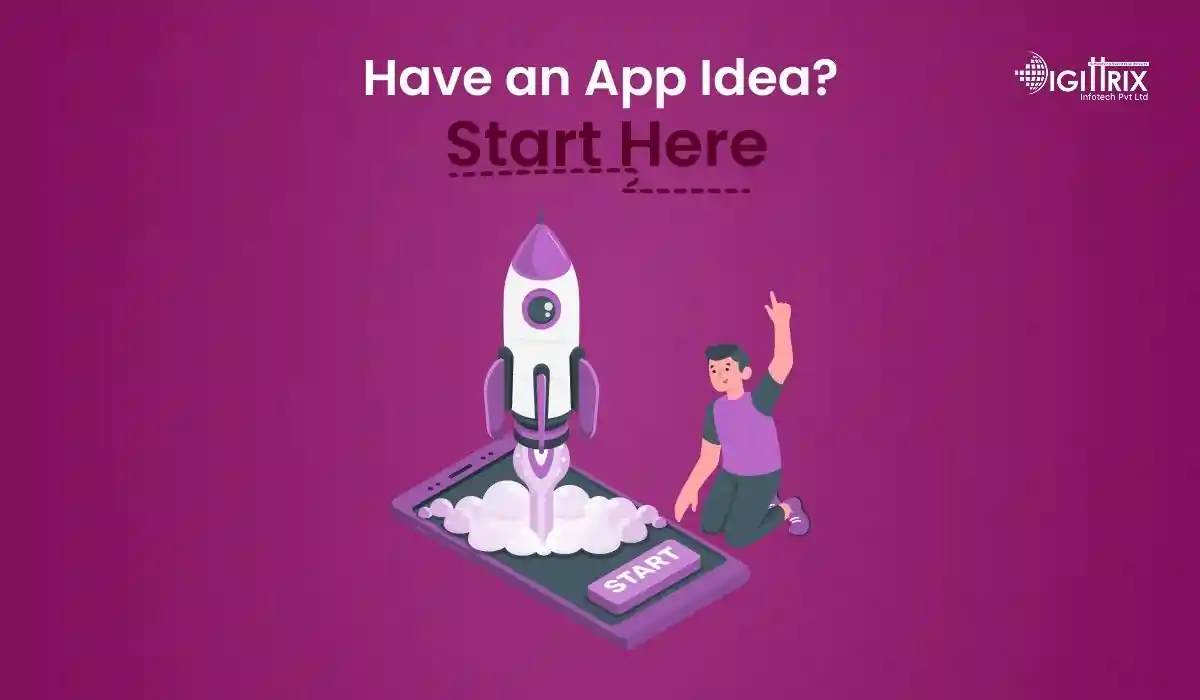The mobile app development industry is booming, with businesses investing in on-demand apps, AI-driven solutions and cross-platform applications to enhance customer experience and drive revenue.
Highlights
With Over 14 years of Experience in the IT Field, Helping Companies Optimise there Products for more Conversions

Turning an idea into a successful mobile application requires careful planning, development, and execution. Whether you're building a cross-platform app using Flutter or opting for a native Android or iOS app, each stage of the app development journey plays a pivotal role in determining its success. As technology evolves, developers and app development companies are equipped with innovative tools and software to bring your concept to life.
If you're a freelancer, a startup, or a growing enterprise, knowing how to navigate the app development process will help you create a custom application that meets your business goals. In this guide, we'll walk you through the entire process, from generating an idea to the final launch, while incorporating technology trends such as blockchain, IoT, fintech, healthcare, and ecommerce.
Wondering about app development costs? Check Digittrix's breakdown for pricing insights and budget planning!
When you first get an idea for an app, the excitement can be overwhelming. However, before diving into development, it’s essential to protect your idea from potential copying or theft. You can start by developing a prototype to visualize the app’s core features and functionality.
Once your idea is secured, researching the market is vital. Understanding your competitors helps identify gaps in the market and allows you to refine your app’s features.
A development plan is your roadmap to creating a successful mobile app. This is where you’ll decide on platforms (iOS, Android, cross-platform), features, technology stack, and a timeline.
Now comes the decision of how you want to build your app: whether to go the freelance route or work with an app development company.
Developing an app can be costly, particularly if you hire developers or an app development agency. There are several ways to fund the development:
According to Bank My Cell, over 6.3 billion smartphone users drive demand for app development.
Rather than developing a fully-fledged app, it’s advisable to start with a Minimum Viable Product (MVP). The MVP allows you to test your idea with real users and gather feedback before investing more resources.
Testing ensures your app works correctly on all devices and operating systems, from tablets to phones.
The launch of your app is a crucial milestone in the development process. Whether you are launching on the Google Play Store, App Store, or web platforms, there are several steps to follow:
Your job doesn’t end after launch. Continually gather feedback and iterate on your app to improve its functionality and meet the evolving needs of users.
Monetization is essential for long-term success. Here are some strategies:
According to Statista, the mobile app market revenue is expected to hit $613 billion by 2025.
Turning an app idea into a successful mobile app requires planning, coding, testing, and marketing. Whether you're using React Native, Xamarin, or Flutter, each framework and technology has its strengths. As you go from concept to prototype, remember to stay agile and focus on solving a specific problem for your users.
The app development process is dynamic, and adapting to new trends, such as blockchain, AI, or IoT, can set your app apart in the marketplace. With dedication, innovation, and a solid development plan, you can transform your business idea into a profitable app.
Turning your app idea into reality requires careful planning, the right development approach, and expert guidance. Whether it’s a simple utility, an on-demand service, or a next-gen AI-powered solution, success starts with a structured roadmap.
At Digittrix, we help startups and businesses navigate the mobile app development journey—from ideation and prototyping to development, testing, and launch. Our expert app developers specialize in Android, iOS, and cross-platform solutions, ensuring high-quality, scalable, and user-friendly applications tailored to your vision.
Wondering how to turn your idea into a profitable app? Schedule a consultation with our app development specialists today by calling +91 8727000867 or emailing digittrix@gmail.com.
Let’s build your app together—seamlessly, efficiently, and innovatively!

Do you need help in Mobile App development ?




Join over 1500+ businesses we've already helped!
You can use NDAs, trademarks, and copyrights to safeguard your idea before sharing it with developers or an app development company.
The cost varies based on features, platform (Android/iOS), and whether you hire freelancers, an agency, or an in-house team.
Native apps (Swift/Kotlin) offer better performance, hybrid apps (React/Ionic) are cost-effective, and cross-platform (Flutter/Xamarin) apps balance both.
You can use in-app purchases, ads, subscriptions, or a freemium model to generate revenue from your app.

©2026Digittrix Infotech Private Limited , All rights reserved.